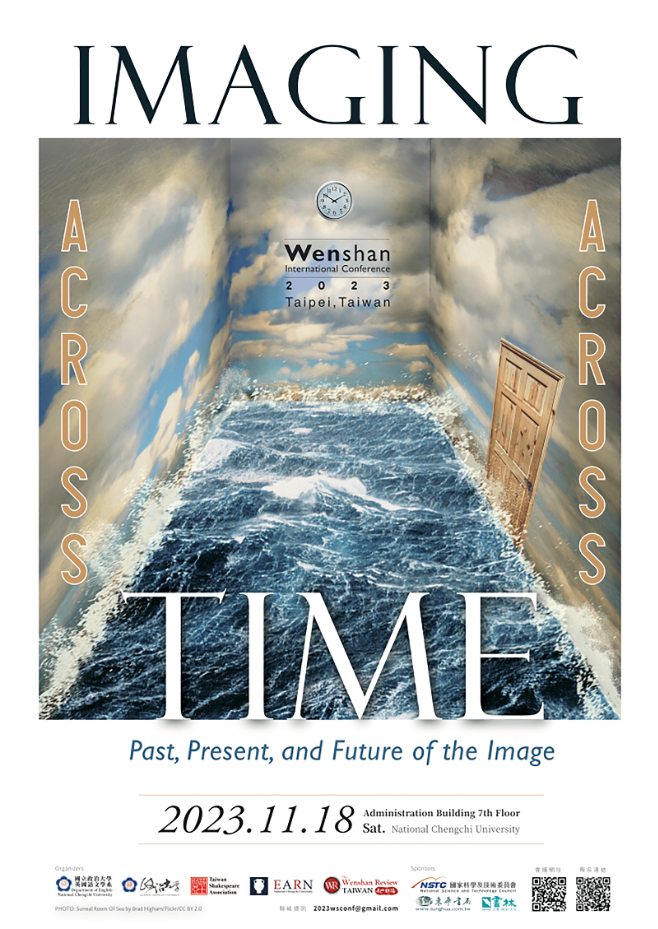AI, Theater, and Interface Theory, Keynote Lecture
Imaging Across Time: Wenshan International Conference, National Chengchi University, Taiwan, November 18, 2023 ::: YouTube video
00:18 Introduction of Alexa Alice Joubin
03:30 Screen as anthropomorphic interface
04:33 Generative AI is a ghost of the publics
16:58 What is unique about screen as interface?
18:16 Lesson from King Lear
19:13 What ChatGPT really is
19:18 Case Study: All the World’s a Screen
24:02 AI in Sign-Language Theatre
30:58 Case Study: Douglas Boyce’s music composition
31:09 Case Study: Mark Amerika’s use of generative AI in poetry
32:58 Case Study: David Jhave Johnston, avant-garde writer
33:08 Case Study: Annie Dorsen, algorithmic theatre
38:35 Resisting AI: computational opacity and technical authority
40:17 Conclusion: AI creates multiple publics, acts as co-spectators through spectatorial proxy
What happens when AI goes to theatre with human audiences? In theatre, digital screen as interface has evolved from a vehicle for dramatic messages to a meaning-making agent with an anthropomorphic presence. AI apps have become theatre audiences’ companions.
Generative AI’s natural-language conversational interface has frequently been cast as an anthropomorphic interface. While the tendency to anthropomorphize this technology is problematic, ChatGPT can be seen as a ghost of the publics, a synthetic version of the publics, or a shadow public.
In her keynote lecture, Alexa Alice Joubin argued that screens are a site where cultural and performative meanings are generated and negotiated. She uses interface theories and performance studies methods to analyze the outputs of AI.
This keynote was part of the “Imaging Across Time”: Wenshan International Conference that took place in Taipei, Taiwan, on November 18, 2023. The keynote session was chaired by Professor Siaw-Fong Chung (National Chengchi University). The event was funded and co-organized by Taiwan’s National Science and Technology Council, Taiwan Shakespeare Association, National Chengchi University (NCCU), and EARN (Enlightenment and Romanticism Network) at NCCU.
